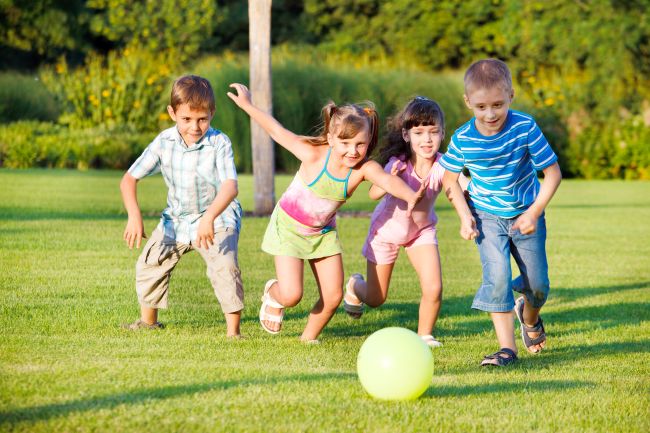Difficulties with Social Skills in Autism

Throughout my career as a Speech-Language Pathologist, I have always had a keen interest in the role that social skills play in the social, emotional and academic successes of children and adolescents. Over time, I started seeing more people who struggled with social confidence and/or social competency. Most of these children and adolescents had been diagnosed with autism spectrum disorder (ASD), but some have simply sensed or been advised that this is not their area of strength. This is definitely a common challenge faced by all people with autism regardless of their language or cognitive abilities. No two people will share the exact same pattern of difficulties with social skills. This is why autism is now commonly referred to as a spectrum disorder, which represents a broad range of abilities and difficulties found with those that have autism.
Difficulties with Social Skills Across the Ages
Preschool
Most social challenges for many children with autism can be identified in early childhood or even infancy. Some of the earliest signs are:
- limited eye contact
- not responding to their name
- lack of shared attention
- difficulties with imitating
These signs can become more severe and eventually they may withdraw from social situations or avoid them all together. On the other hand, these signs may go undetected because they are similar to the behaviours seen in typically developing children going through the regular tantrums or being defiant.
School-Age
For children who are unable to access early social intervention, the problems tend to develop or become more noticeable as the social demands increase. They often have limited play abilities and show minimal interest in play with peers. When there is an interest in engaging with peers (usually more typical in children with language skills that are more developed) then these children will lack the appropriate skills to initiate play, respond to the play invitations to peers, learn play through observations of peers, or attempts at social interaction will be immature.
When they do have friends, their friends tend to be very accommodating children who adjust to their need to control play. Difficulties with social skills and maintaining friendships as they get older can be very challenging given that typical children become less accepting of the one-sided nature of these friendships.
Adolescents
As children with autism age and move into high school they continue to have difficulties with social skills and are likely to feel isolated from peers. Schools often try to create an environment for acceptance and inclusion to help increase the potential for peer friendships. Often those who have higher language abilities may have greater self-awareness of their differences and a greater motivation to want to fit in. That being said, adolescents by this point, may have faced social rejection and they are often more comfortable communicating with adults who encourage them in their specific interests or spend more time on their own.
What can you do?
There are many different social skills interventions out there such as video modeling, social stories and activity-based intervention to name a few. Cognitive Behavioural Training (CBT) can be used in teaching social skills, which involves increasing knowledge about the social world and at the same time increasing awareness of thoughts and feelings. One specific type of CBT is Social Thinking ®!
What is Social Thinking ®?
Social Thinking ® is what we do when we interact with people. The Social Thinking ® approach (based on the work of Michelle Garcia Winner) focusses on helping individuals, think strategically in social situations - to observe and consider their own and others’ thoughts and feelings. It bridges the connections between thoughts, feelings and behaviours paving the way for transferrable social skills.
Social Thinking ® sheds light on academics; children who struggle in conversation struggle to understand literature – not due to a lack of core skills in reading fluency and decoding – but rather, in perspective taking. Its main focus is on teaching individuals to think about how others perceive them.
When individuals are unable to interpret others’ perspectives, they may struggle with developing meaningful relationships. Social Thinking ® breaks down social concepts so that we can convey them in ways that are practical and logical.
Social Thinking ® is a language-based approach for individuals with social learning disabilities, not just specific to individuals with autism but individuals that may have ADD, ADHD, Nonverbal Learning Disabilities and/or Language Disabilities, ages 4 years through to adulthood.
For more information on Social Thinking ® or if you are interested in programming using Social Thinking ® contact us today!

Amy Grossi is a pediatric Speech-Language Pathologist, practicing for over 10 years. Amy enjoys the area of early language, literacy development, apraxia and fluency. She has a passion for working with children with multiple developmental needs and implementing creative and interactive treatment sessions.